FRUIT FEATURE - Chilengedwe mangoes processing group tackles fruit wastage in Nkhotakota
Horticultural fruits have emerged as potential drivers of the country's economy. However, they faces significant hurdles due to high post-harvest losses. Is this a curse or blessing in disguise ?
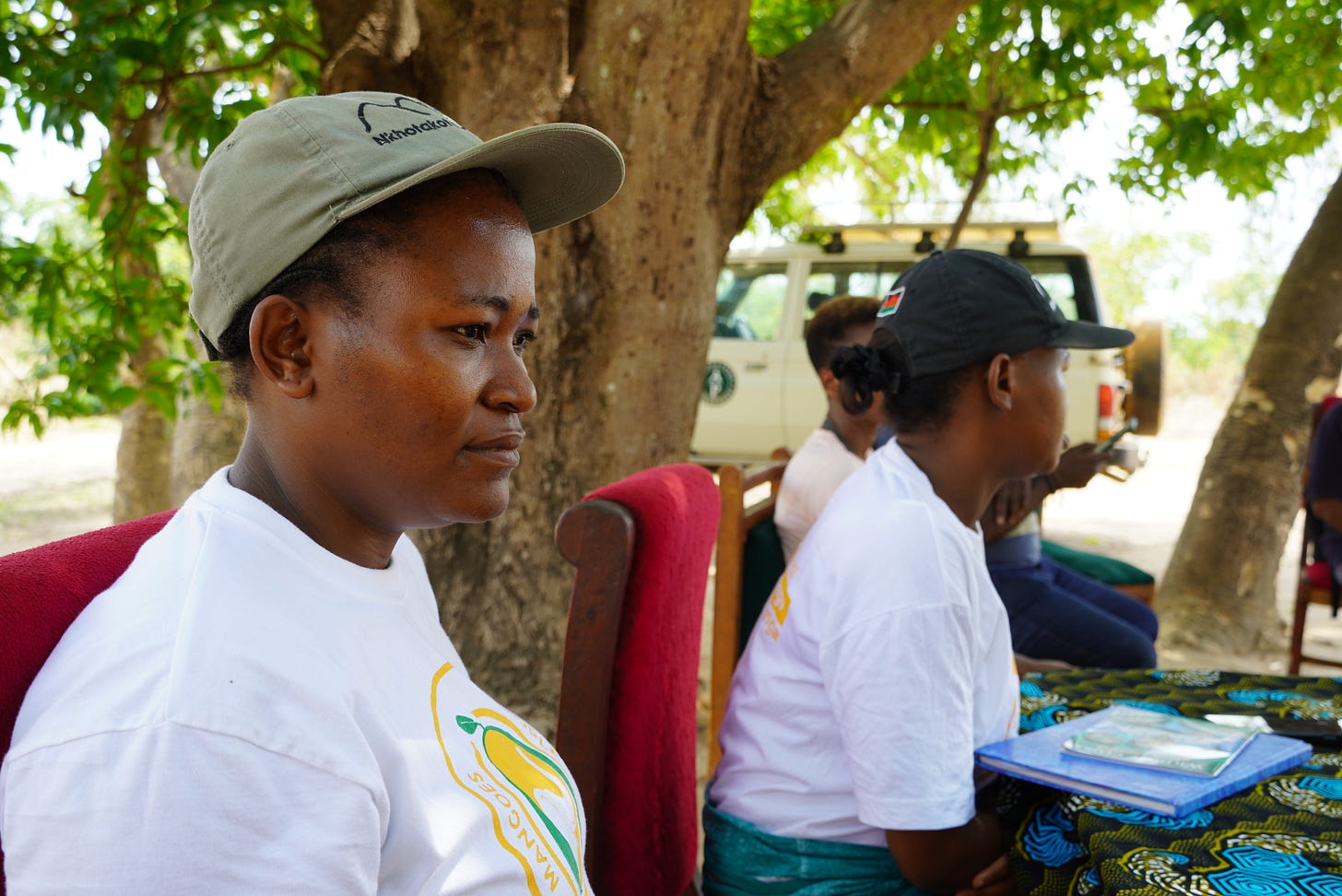
NKHOTAKOTA, Malawi (Planet Defence) - In rural Malawi, the abundance of ripe fruits often exceeds the rate of consumption, leading to substantial wastage and financial losses for farmers relying on fruit cultivation as their main source of income.
This challenge is acutely felt in Chigona Village under the leadership of Group Village Headman Mapulanga in Nkhotakota district where despite an abundance of mangoes, economic sustenance remains elusive for the villagers. Is it a curse or an opportunity?
The availability of both mango trees and fruits in abundance around the peripheral of Nkhotakota Wildlife Reserve now managed by African Parks is a great opportunity. It is a curse when the fruit is waste, unwittingly.
Jacinta Nyaika, a staffer at the Department of Horticulture, Lilongwe University of Agriculture and Natural Resources (LUANAR) in a study – highlighted the Malawi government's efforts to diversify its economy by exploring alternative crops. Horticultural crops have emerged as potential drivers of the country's economy.
However, the sector faces significant hurdles due to high post-harvest losses resulting from pest and disease infestations, inadequate knowledge about proper handling practices, storage and packaging inefficiencies, and poor infrastructure, including inadequate road networks and access to established markets.
Studies estimate that over 50 percent of fruits and vegetables are lost, particularly during their peak season. This immense loss, not only denies the people of their consumptive use, but also significantly impacts on the country's economy, especially while striving to feed a growing human population.
To address this fruit wastage, the Chilengedwe Mangoes Processing Group was established on August 6, 2021, within Mpamantha zone in Nkhotakota. Starting operations on September 23, the group, strategically located within a five-kilometre radius of the Nkhotakota Wildlife Reserve, partnered with African Parks to process and package ripe mango fruit abundant in the area as a dried product.
Lysom Kamayani, the group's chairperson, highlighted their training in mango processing during a visit at their processing plant.
“Membership prerequisites included owning a minimum of ten mango trees and a commitment to wildlife conservation. Members received training in hygiene protocols crucial for processing fruits intended for human consumption,” explained Kamayani in an interview.
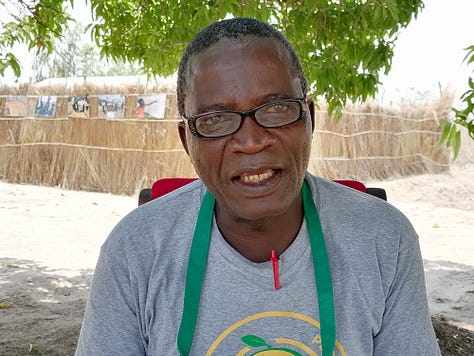
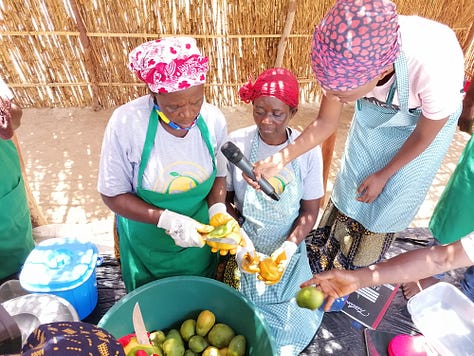
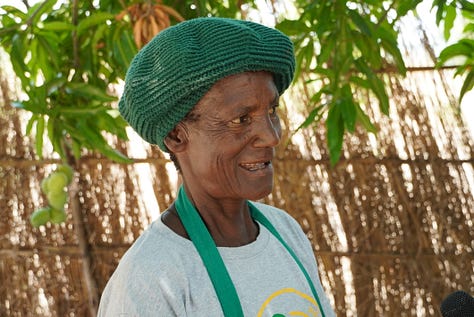
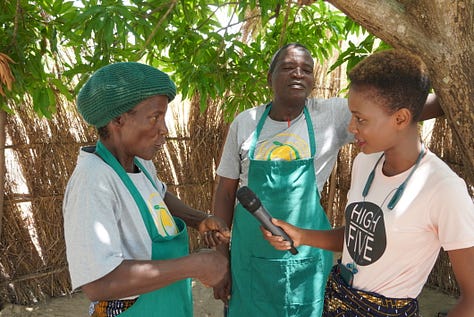
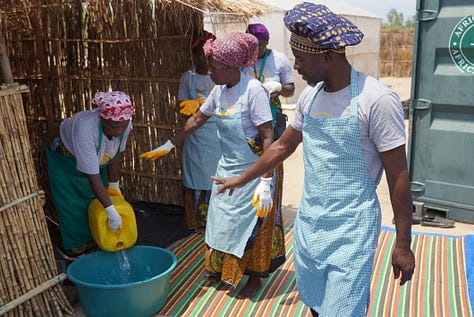

With support from the United States Forest Service, the group acquired essential equipment—a secured steel container, solar dryer, and a greenhouse—to process raw mangoes to dried products with longer shelf life.
Fatuma Malungo, a dedicated female member of the group, plays a pivotal role. “I am responsible for gathering mangoes, ensuring they are cleaned, peeled, sliced, water-extracted, and finally dried for processing,” Malungo stressed.
Once processed the dried mangoes are packaged in 150-gram packets and presented for sale at appointed retail markets. As the processing plant expands, plans are underway to enhance the solar dryer's design and capacity to ensure a consistent water supply and maintain hygiene standards.
Janet Chimalizeni, Community Extension Officer for Nkhotakota Wildlife Reserve, emphasized the importance of producing food products that meet the Malawi Bureau of Standards quality and hygiene specifications, and to this end, plans are under way to invite the Malawi Bureau of Standards to certify the plant. Currently, dried mangoes from the Chilengedwe Mangoes Processing Group are selling at their factory and the Lilongwe Farmers market but with more scaled up production will plan to reach out to larger retail outlets.
Chimalizeni highlighted the importance and connection of engaging the community in income-generating activities like mango processing to address poaching within the reserve.
“Connecting conservation efforts to tangible benefits and sustainable livelihood interventions outside protected areas helps communities appreciate the link between conservation and better livelihoods improvement,” Chimalizeni made the remarks.
Furthermore, the community is being trained in establishing and managing tree nurseries, fostering a positive relationship and ensuring the sustainability of these initiatives.
"The community's commitment to our training is promising. It's this dedication that will transform their lives, those of their families, and ultimately, the entire community," Chimalizeni wrapped up in an interview.
The efforts of the Chilengedwe Mangoes Processing Group not only combat fruit wastage but also pave the way for showcasing a new dawn of a sustainable economic enterprise at household level whilst instilling a sense of environmental stewardship among the local communities.
African Parks Nkhotakota, in partnership with the United States Forest Service and the Lilongwe University of Agriculture and Natural Resources are implementing this livelihood improvement project with the surrounding communities.



